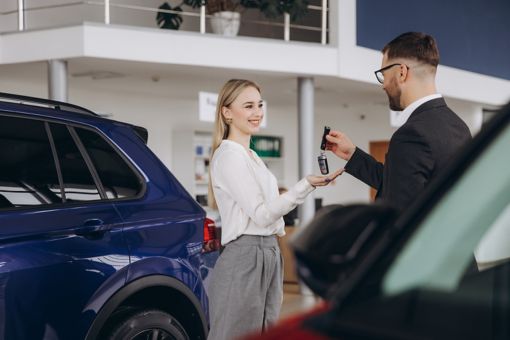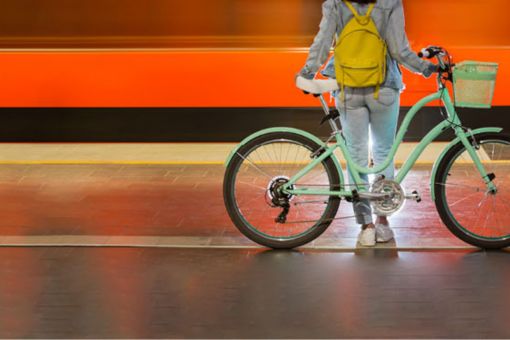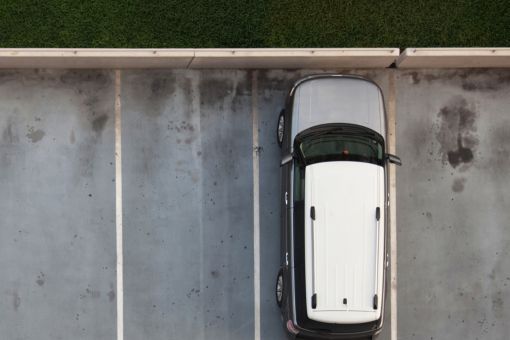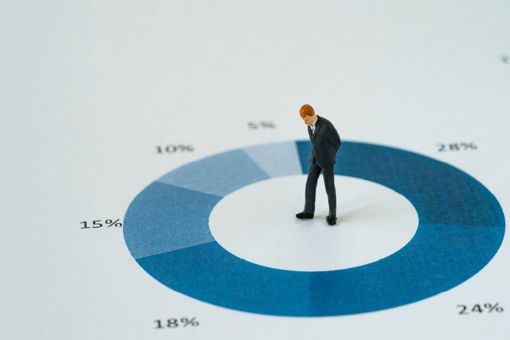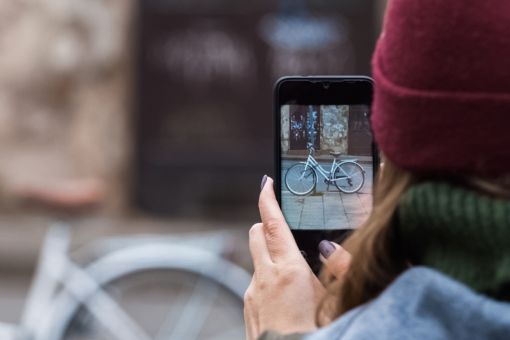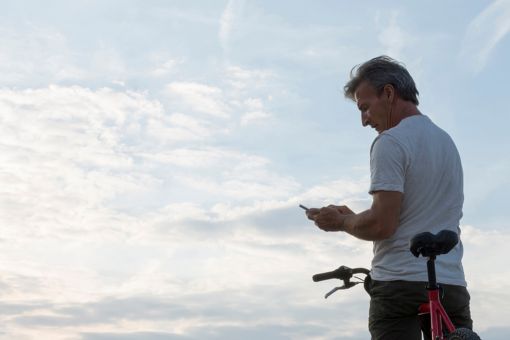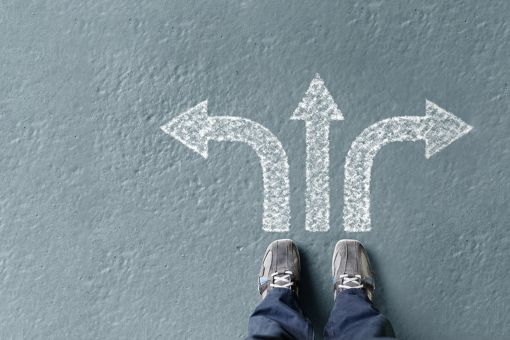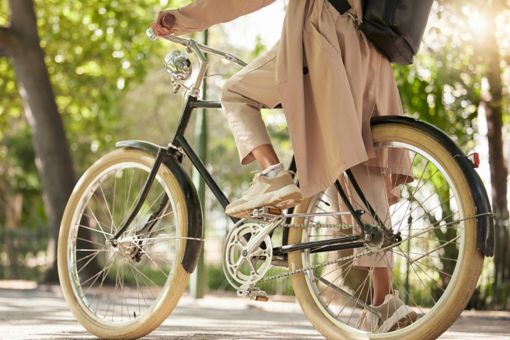Cafeteria plans and flexible compensation have become increasingly popular in the modern HR landscape. Employers offer these plans to give their employees more choice in selecting their benefits. Cafeteria plans empower employees to tailor their pay package to their individual needs and preferences. They can choose from a variety of options, such as additional vacation days, retirement contributions, training budgets, and more.
On this page, you can find the latest updates, insights, and event takeaways on cafeteria plans. Our multi-disciplinary team of specialists delivers insights around flexible compensation, mobility, social security, employment law, and HR strategies.
Read on for the latest news or navigate directly to your desired topic:
Our latest insights

Succes stories

HR

Mobility




